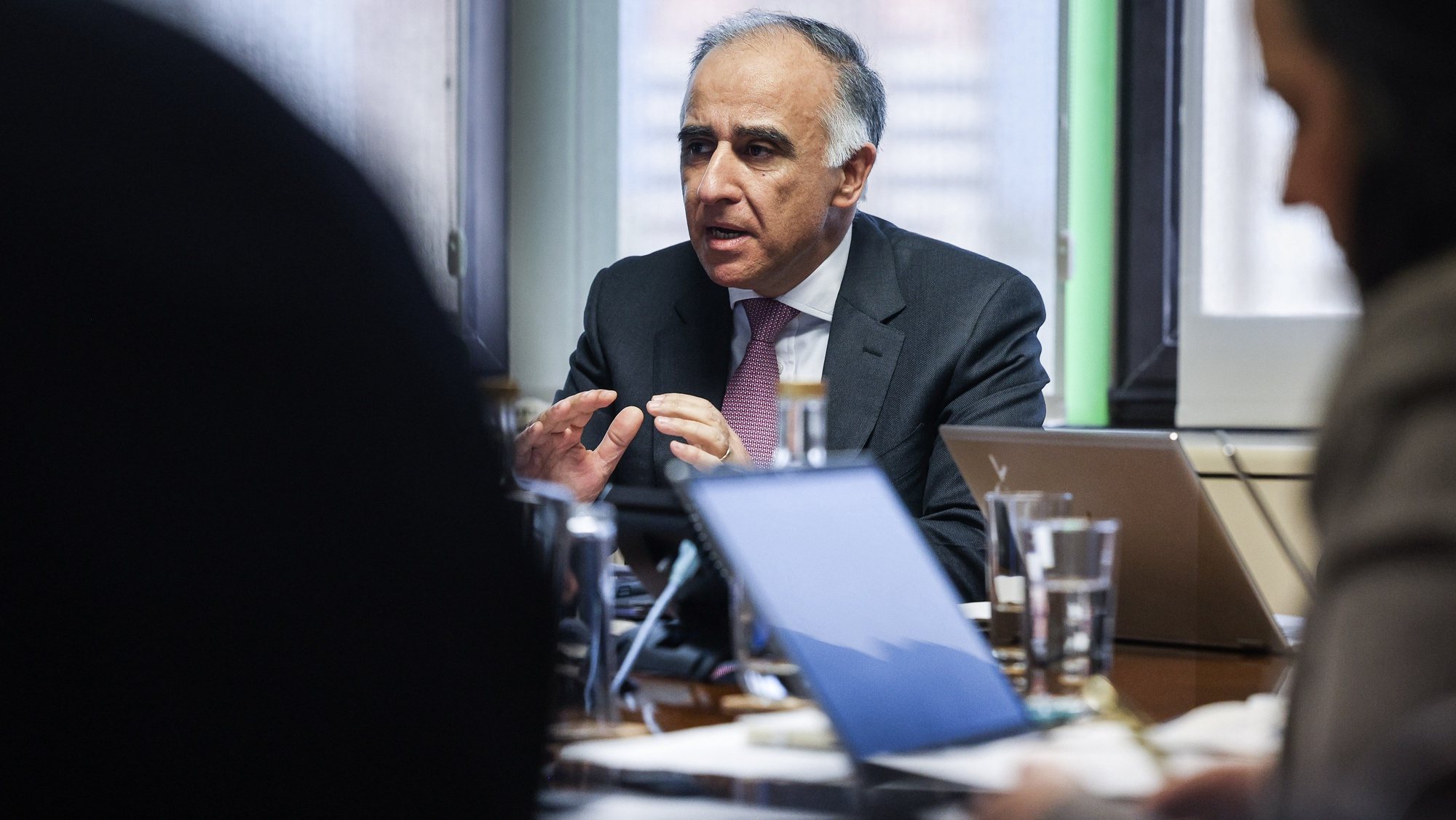The president of the Securities Market Commission (CMVM), Luís Laginha de Sousa, assured today that there are no direct impacts in Portugal from the Credit Suisse crisis and bank failures in the United States.
In an interview with Antena 1 radio and Jornal de Negócios, Laginha de Sousa said that “there is no reason to worry” about the direct impacts of the bankruptcy of US banks and the Swiss bank crisis, warning, however, of the need maintain vigilance, because trust must be preserved.
“We have to be aware that we do not live in a world made up of islands and, sometimes, after, there are second-order phenomena and, above all, in matters where here is sometimes caused by elements that are intangible — we are going to say trusted. And, from this point of view, the authorities, whether at the national or European level, have to act to contribute to preserving this asset”, he said.
The former director of the Bank of Portugal, who has chaired the capital market supervisor since November, added that the CMVM is monitoring the situation and added that the matter should be dealt with at the regular meeting of the National Council of Financial Supervisors, which is being held out place on monday -fair.
“I think what’s important to note is that we’re following these issues, and right now as it relates to these direct effects of direct exposure, we don’t see any cause for concern at this point,” the person in charge stressed. .
On Thursday, Credit Suisse became the first major bank in the world to receive emergency public assistance since the 2008 financial crisis.
Regarding the increase in interest rates by the European Central Bank (ECB), Laginha de Sousa said he believed that the decision was made “in light of the best available information”, considering it a “healthy evolution”, since it is seen in a model in which access to financial resources has a cost.
Credit Suisse on the edge of the precipice. Is it “too big to save”? What exposure does Portugal have?
“In the context of what is the normal functioning of an economy, it is normal that whoever needs financing has to pay for it and does not have negative interest rates,” he said, noting, however, that it is important to ensure that there are ways of support “those who cannot cope with the consequences”.
The president of the CMVM also defended the need to make capital investment “more attractive”, considering it essential to “channel incentives or eliminate disincentives” so that companies can have “the desire to invest”.
“Taxation is an inescapable issue, but it is not unique and there are policy choices to be made and those making those decisions have to look at a much broader range of tradeoffs than those who are alone from a capital market perspective. capitals, ”he concluded.
On Thursday it was announced that Credit Suisse would receive a loan of up to 50 billion Swiss francs (50.7 billion euros) from the Swiss central bank to “strengthen” the institution’s accounts.
At the same time, the second largest Swiss bank announced a series of debt buyback operations worth some 3 billion Swiss francs (3.04 billion euros).
The help came a day after Credit Suisse faced its darkest session on the stock market, losing a quarter of its value, with the shares falling to a historically low level, below two Swiss francs (2.03 euros).
This period of turbulence in the banking sector began earlier, with the collapse of Silicon Valley Bank (SVB) in the United States, after which there was a sharp fall on the stock market on Wednesday by Credit Suisse.
Also on Thursday, the ECB announced a 50 basis point increase in interest rates, despite turmoil in the banking sector.
The institution justified the decision with the determination to ensure “a timely return of inflation to the 2% target in the medium term.”
The ECB had announced its intention to decide on a further rise of 50 basis points shortly after the last meeting, at the beginning of February.
Source: Observadora
